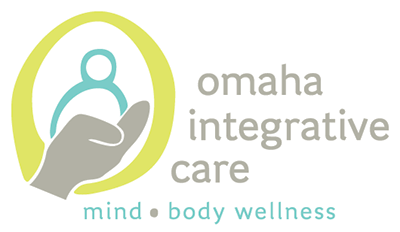
Hello! My name is Caitlynn. I am excited to connect my passion for infertility awareness with my skills in occupational therapy. Let’s start by discussing what occupational therapy is and how it can help people who are experiencing infertility.
Occupational therapy focuses on promoting health, well-being, and participation in activities that daily life demands. Occupational therapy interventions use everyday life activities, also known as occupations, to assist individuals across the lifespan to participate in the things they want and need to do in daily life.
For prospective parents who are in the process of in-vitro fertilization (IVF), intrauterine insemination (IUI), or conception planning, occupational therapists can provide support for changes in roles, routines, and occupations using occupational performance coaching and individualized interventions.
Just as everyone has different daily occupations, infertility effects everyone differently. Infertility looks different for every woman, for every man, and for every family. Individuals experiencing infertility can experience an impact on occupations including social withdrawal, isolation, and not participating in leisure activities or other roles due to anxiety or feeling misunderstood.
Occupational therapy is emerging when it comes to working with individuals experiencing infertility. Occupational therapy works to identify barriers and provide ways to cope with them.
Let’s look at isolation, a common side-effect of infertility. Occupational therapy might help an individual or couple identify the following strategies to combat isolation:
- Communication: Research shows that finding ways to effectively communicate with spouses or partners and other family members helps to reduce feelings of isolation.
- Support: Joining local or online support groups that include other people going through similar situations can also reduce isolation. No one understands what you are going through more than people in the same situation. Joining support groups, either in-person or online, can connect individuals going through similar situations.
- Leisure activities: Another way to combat isolation is to participate in leisure-based activities that you are passionate about. Participating in individual or group leisure activities helps fulfill psychological needs such as having a sense of belonging, self-esteem, stimulation, self-expression, creativity, and competition. Leisure is closely tied to quality of life, promoting life balance, health, and overall life satisfaction.
Infertility has the potential to affect every area of a person’s life. People experiencing infertility need more resources and support to navigate their journey. Occupational therapy practitioners can assist individuals experiencing infertility in understanding and adapting to the impact infertility may have on them physically and emotionally. In upcoming posts, I will touch more on specific ways to establish a sense of normalcy and return to important life roles.
Caitlynn Peterson is an occupational therapy student at College of Saint Mary in Omaha, Neb. She is completing her 14-week doctoral capstone project with Omaha Integrative Care as the final step of obtaining her degree.

Connect With Us